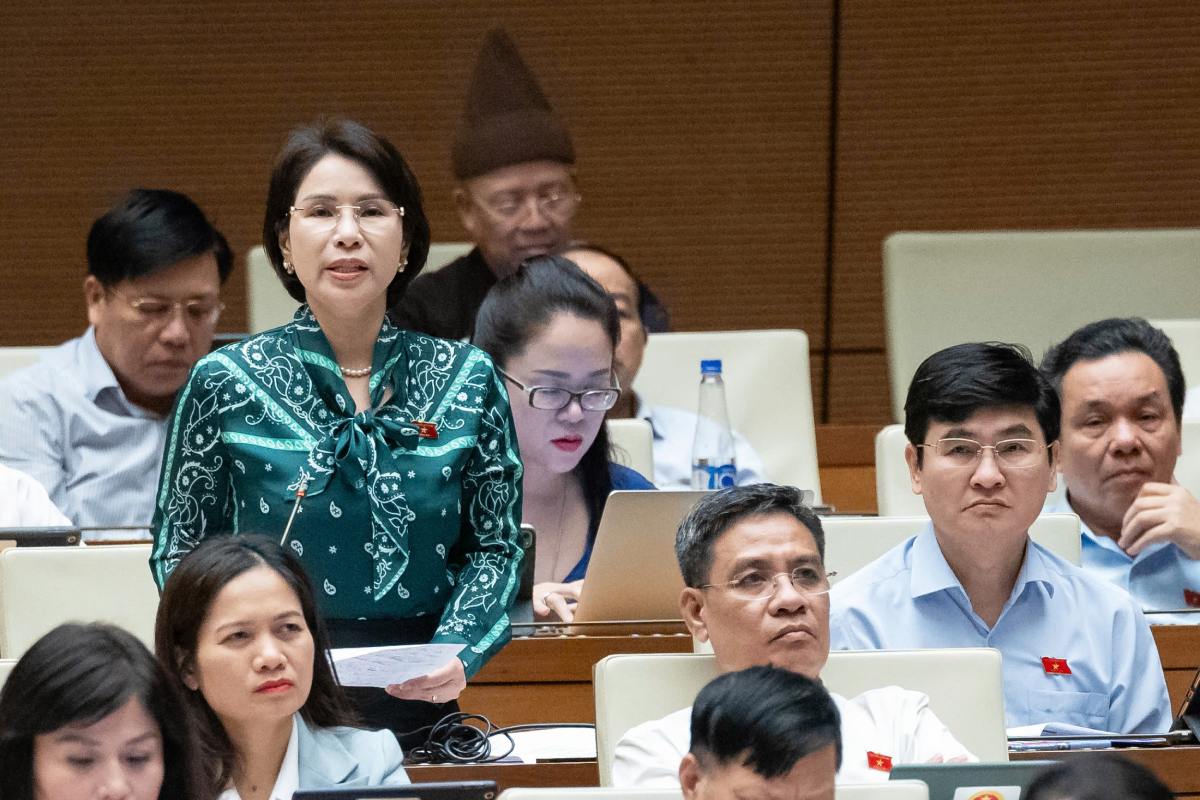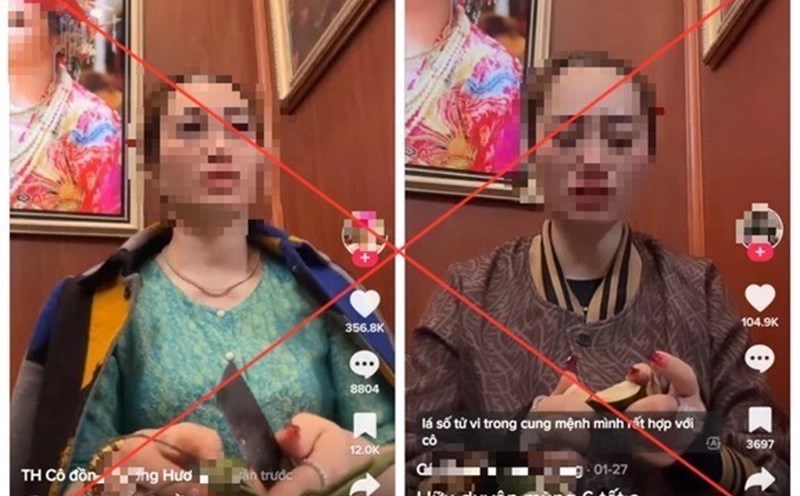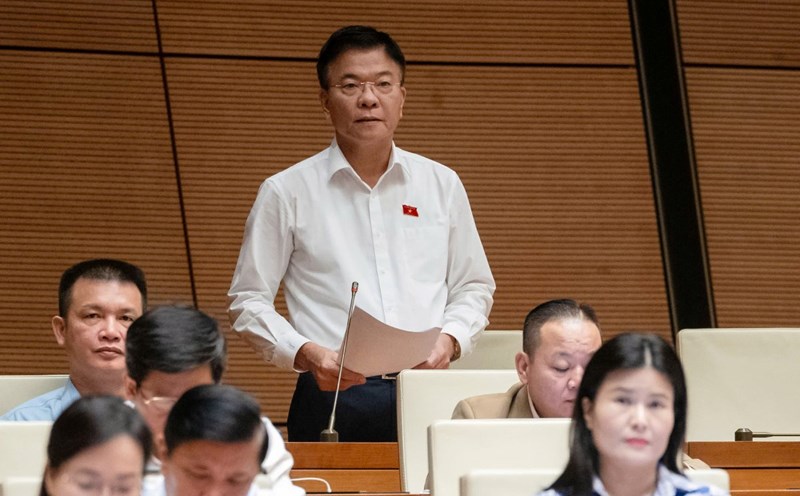On November 12, the National Assembly held a question-and-answer session on a group of issues in the field of Information and Communications.
Speaking at the debate session, delegate Tran Thi Nhi Ha (Hanoi Delegation) said that in her response, the Minister of Information and Communications stated that many press agencies have now ensured partial autonomy in regular expenditures, however, the press economy is still a challenge to development.
Therefore, delegate Tran Thi Nhi Ha requested the Minister to clarify how the application of technical economic norms, unit prices, ordering and bidding mechanisms for providing public career services from the state budget for press agencies has been and is being implemented, and whether there are any difficulties?
And according to the delegate, how many press agencies can carry out this content?

Answering this question, Minister of Information and Communications Nguyen Manh Hung said that about 80% of the economic and technical norms related to information and communications have been issued, and the goal is to complete 100% by the end of this year or the second quarter of next year.
According to the minister, some previous regulations were very difficult, and were assigned to competent authorities based on instructions from the Ministry of Information and Communications to issue norms, but many competent authorities did not have the capacity to issue them.
New technical standards are being made very transparent, making appraisal and approval much simpler.
The Minister said that according to information from the virtual assistant, only 5 ministries, branches and 3 press agencies have solved the problem of building technical economic norms. This number is too small.
Delegate Nguyen Hai Anh (Dong Thap) questioned that sensational news often attracts attention, while press works about good people and good deeds receive little attention. The Minister said, what is the solution for the press to promote its role as an effective channel to convey good people and spread humane values?
There are many concerns regarding the objectivity of the press under pressure from advertising sources and sponsors. What is the solution for press agencies to maintain quality, honesty in information, and limit advertising?
Regarding this issue, Minister Nguyen Manh Hung said that there are businesses that influence press agencies through media support to "steer" the press in a direction that is beneficial to the business.
The Minister affirmed that the Ministry has reviewed, detected, evaluated, and handled the above issue. Currently, the Ministry has issued regulations clearly stating the protection of communications between businesses and the press, to avoid exploitation.
When he first became a minister, he still remembers receiving many phone calls and text messages, and he himself had the experience of reading negative news stories that were rampant in the press.
"We breathe air, and polluted air affects our lungs. And polluted news also pollutes our brains," the minister affirmed.
Currently, the press operating in cyberspace has many new tools for scanning. The Ministry has set criteria for evaluating negative and positive information in the press. Accordingly, the norm for positive information is over 60%, neutral information is 25%, and negative information is about 15%.
The Ministry has a tool to review and evaluate daily and send it to the press for correction. Currently, many internet users are discouraged by negative information and prefer to read more positive information.











